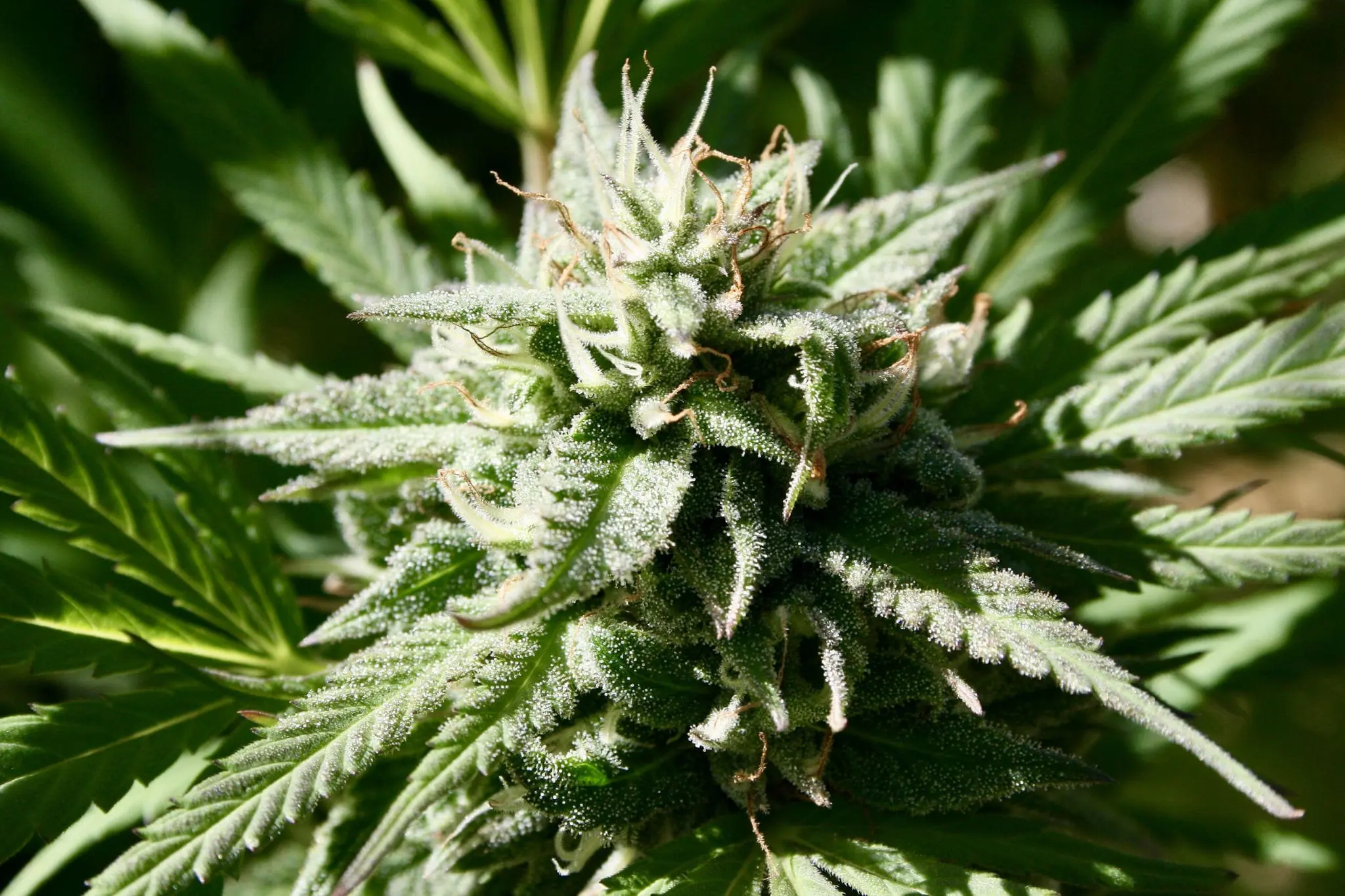Politics
Working In State-Legal Marijuana Sector Won’t Disqualify People From Certain Federal Benefits, New Trump Administration Rule Says

Marijuana might be federally illegal, but the Trump administration said in a recent little-noticed filing that working in and around the state-legal cannabis sector won’t automatically disqualify people from receiving certain federal benefits.
In a final rule published in the Federal Register late last month, the Department of Education detailed a policy change related to its Public Service Loan Forgiveness (PSLF) program that’s aimed at incentivizing college graduates to work as teachers or for non-profit organizations or government entities by allowing them to have their student loans forgiven.
When the new rule—which amends the definition of “qualifying employer” to exclude organizations that have a substantial illegal purpose—was up for public comment, the department received a message expressing “concern that legal standards vary widely across States, particularly in areas such as marijuana laws, reproductive health regulations, and immigration enforcement.”
The commenter said the issue is that “an employer deemed lawful in one jurisdiction could be disqualified in another, leaving borrowers subject to arbitrary geographic disparities.” To that point, they requested that the department either create a uniform federal standard for loan forgiveness qualifications under the program or “explicitly preempt conflicting State interpretations to ensure equitable treatment for borrowers nationwide.”
The department replied by saying it “recognizes that State laws differ and appropriately drafted the rule to account for variation across States,” and organizations “will not be penalized if their actions are legal in the State in which they are operating.”
“Although uniform standards would make the adjudication process more streamlined, such standards would not account for the differences across States in our Nation’s system of vertical federalism. At the same time, if the Secretary determines that an employer has engaged in activities such that it has a substantial illegal purpose due to illegal conduct in one or more States, the Department may remove eligibility for the entire organization.”
What remains unclear is what kind of cannabis organizations might qualify for the program in the first place, as the majority of marijuana operators—from dispensaries to cultivators—are for-profit businesses in legal states.
There are some jurisdictions where dispensaries are required to operate under a non-profit status, such as New Hampshire, but it’s uncertain whether workers in those shops could be eligible for the loan relief. However, the federal program is also meant to provide loan forgiveness for government workers, so it’s also possible that this update clarifies eligibility for employees of state and local cannabis regulatory agencies, for example.
Marijuana Moment reached out to the Department of Education for clarification, but a representative did not respond by the time of publication.
Overall, the new rule is meant to prevent loan forgiveness for people who work at institutions with a “substantial illegal purpose,” making it all the more notable that it explicitly suggested that certain marijuana-related activity doesn’t rise to that standard.
“Taxpayer funds should never directly or indirectly subsidize illegal activity,” Under Secretary of Education Nicholas Kent said in a press release. “The Public Service Loan Forgiveness program was meant to support Americans who dedicate their careers to public service—not to subsidize organizations that violate the law.”
“With this new rule, the Trump Administration is refocusing the PSLF program to ensure federal benefits go to our Nation’s teachers, first responders, and civil servants who tirelessly serve their communities,” he said.
Photo courtesy of Brian Shamblen.



